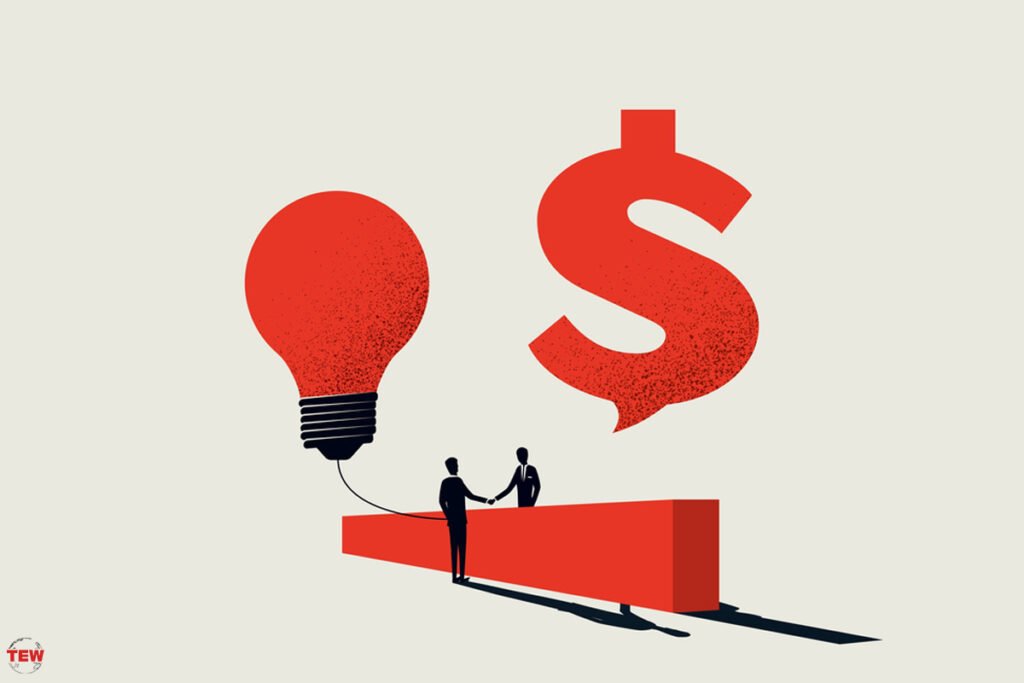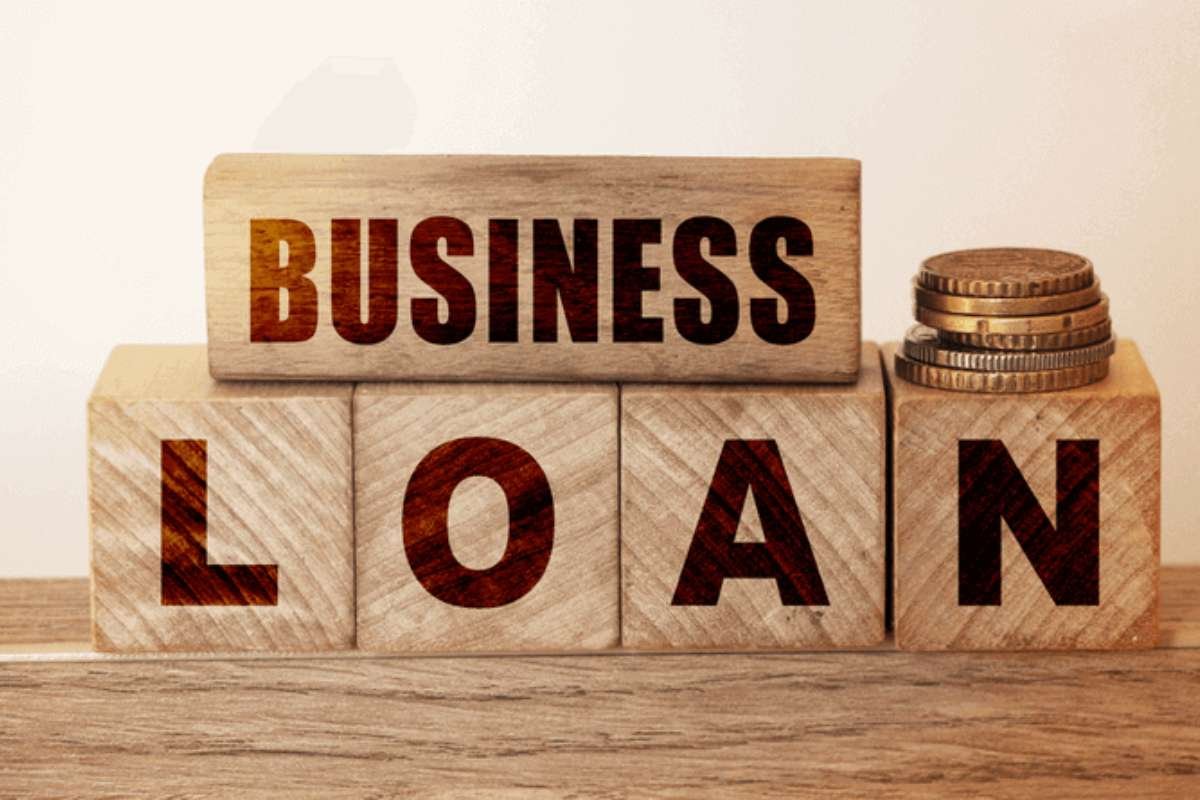Have you ever wondered how much it costs to start a new business? According to the U.S. Small Business Administration, the average cost of starting a new business is approximately $5,000 – $10,000. However, this number can vary based on the type of business you’re in and your location. If you’re thinking about building a startup, it’s important to know what Startup expenses you’ll have to handle. Keep in mind that this is just an estimate, and your actual costs may be higher or lower depending on your situation.
Here’s a breakdown of some of the most common startup expenses for new founders;
1. Office space and equipment

If you’re going to be working from a business address, the cost of renting an office space and acquiring the necessary equipment will be your first big Startup expense. Depending on the size of your startup and the location of your office, you could spend anywhere from $2,500 to $15,000 on setup costs.
2. Legal fees
If you’re forming a corporation, there are certain legal documents you must sign to make your business official. It includes things like filing incorporation paperwork and drafting any employee contracts you need. You may also need to register for certain taxes. Depending on the complexity of your formation and the number of employees, legal fees can range from a few hundred dollars to several thousand.
3. Insurance
Many startups need some form of insurance, whether it’s product liability or errors and omissions. The cost of insurance will depend on the size of your company, how much coverage you need, and the type of industry.
4.Advertising and marketing

No matter how great your product is, it won’t sell itself. You need to invest in some form of advertising or marketing to spread the word about your business. The cost of advertising can range from a few hundred dollars for online ads to thousands of dollars for television commercials, depending on your budget.
5. Technology
Technology is essential for running any modern business, and startups are no exception. You’ll need to invest in good hardware, software, and a reliable internet connection. Your tech costs can range from a few hundred dollars to several thousand, depending on the complexity of your system.
6. Salaries
If you’re planning on hiring employees, you’ll need to factor in the cost of their salaries. Depending on the type of roles you need to fill and the size of your team, these costs can add up quickly.
7. Miscellaneous Startup expenses
Other miscellaneous Startup expenses can include things like office supplies, travel costs, web hosting fees, accountancy fees, and more. It’s important to budget for these items so that you don’t end up with any surprises.
How to Finance your startup?

Once you’ve calculated your startup expenses, the next step is to figure out how you’re going to finance them. Depending on the size of your business and the amount of capital you need, there are a few different options available.
1. Personal savings
If you have enough money saved up, it may be possible to cover your startup costs with your own funds. It’s the most common way for founders to finance their startups and can be a good option if you don’t need a lot of capital.
2. Crowdfunding –
Crowdfunding has become increasingly popular in recent years, as it allows anyone to raise money from friends, family, and strangers. There are several crowdfunding platforms available, each with its own set of rules and requirements.
3. Business loans
If you need more capital than what you can raise through personal savings or crowdfunding, then a business loan may be the best option. You can apply for a loan from a bank or other financial institution to cover your startup costs.
4. Investor funding –
If you have a great business idea and the potential to make a lot of money, then you may be able to get investors interested in your company. Angel investors or venture capitalists can provide the funds you need, although they would usually take equity in return for their investment.
Frequently asked questions:
1. How much money do I need to start a business?
It depends on the type of business you’re starting and the size of your team. Generally speaking, you should plan for at least a few thousand dollars for startup costs, but it can be significantly more depending on factors like legal fees, insurance premiums, and technology investments.
2. What are the most common startup costs?

The most common startup costs include legal fees, insurance premiums, advertising and marketing Startup expenses, technology investments, and salaries.
3. What is the best way to finance a startup?
The best way to finance a startup depends on your situation. Options could include using personal savings, crowdfunding, business loans, or investor funding.
4. Is it possible to get a loan in any state?
Yes, it’s possible to get a loan in any state of the US. Depending on the type of loan you are looking for and your financial situation, many different lenders can provide loans for people living in all 50 states. Banks, credit unions, online lenders, and private lenders offer a variety of loan products with different terms and conditions. Make sure to do your research, as a loan in NY could have different requirements than a loan in PA.
Regardless of where you live, it is important to compare the loan options available to you and find one that best meets your needs.
5. How can I reduce my startup costs?
There are a few ways to reduce your startup costs. Consider scaling back on non-essential Startup expenses and shop around for the best deals on products and services. You may also be able to get discounts by taking advantage of government grants and incentive programs.
Conclusion:
Starting any business is a big undertaking, but it doesn’t have to be overly expensive. By understanding what Startup expenses you’ll need to account for and budgeting accordingly, you can ensure that your startup gets off the ground in a financially responsible way. Good luck!





